Scala Cookbook. 2nd Edition Alvin Alexander
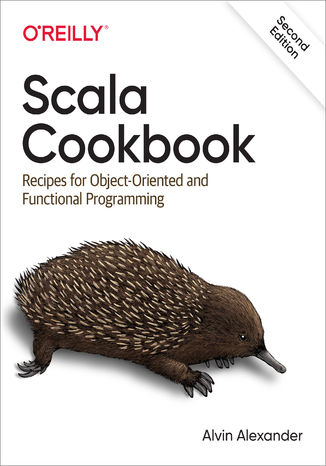



- Autor:
- Alvin Alexander
- Wydawnictwo:
- O'Reilly Media
- Ocena:
- Stron:
- 802
- Dostępne formaty:
-
ePubMobi
Opis
książki
:
Scala Cookbook. 2nd Edition
Save time and trouble building object-oriented, functional, and concurrent applications with Scala. The latest edition of this comprehensive cookbook is packed with more than 250 ready-to-use recipes and 1,000 code examples to help you solve the most common problems when working with Scala 3 and its popular libraries.
Scala changes the way you think about programming--and that's a good thing. Whether you're working on web, big data, or distributed applications, this cookbook provides recipes based on real-world scenarios for both experienced Scala developers and programmers just learning to use this JVM language. Author Alvin Alexander includes practical solutions from his experience using Scala for component-based, highly scalable applications that support concurrency and distribution.
Recipes cover:
- Strings, numbers, and control structures
- Classes, methods, objects, traits, packaging, and imports
- Functional programming techniques
- Scala's wealth of collections classes and methods
- Building and publishing Scala applications with sbt
- Actors and concurrency with Scala Future and Akka Typed
- Popular libraries, including Spark, Scala.js, Play Framework, and GraalVM
- Types, such as variance, givens, intersections, and unions
- Best practices, including pattern matching, modules, and functional error handling
Wybrane bestsellery
O'Reilly Media - inne książki
Dzięki opcji "Druk na żądanie" do sprzedaży wracają tytuły Grupy Helion, które cieszyły sie dużym zainteresowaniem, a których nakład został wyprzedany.
Dla naszych Czytelników wydrukowaliśmy dodatkową pulę egzemplarzy w technice druku cyfrowego.
Co powinieneś wiedzieć o usłudze "Druk na żądanie":
- usługa obejmuje tylko widoczną poniżej listę tytułów, którą na bieżąco aktualizujemy;
- cena książki może być wyższa od początkowej ceny detalicznej, co jest spowodowane kosztami druku cyfrowego (wyższymi niż koszty tradycyjnego druku offsetowego). Obowiązująca cena jest zawsze podawana na stronie WWW książki;
- zawartość książki wraz z dodatkami (płyta CD, DVD) odpowiada jej pierwotnemu wydaniu i jest w pełni komplementarna;
- usługa nie obejmuje książek w kolorze.
Masz pytanie o konkretny tytuł? Napisz do nas: sklep@helion.pl
Książka drukowana



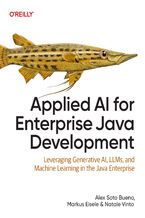

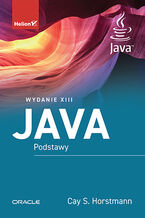
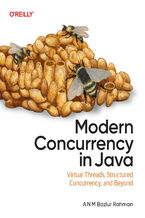
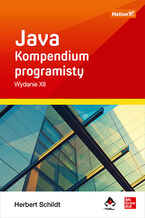
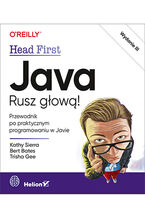
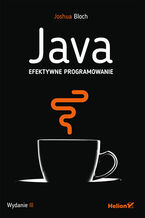

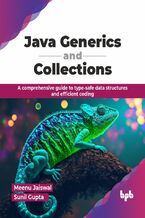
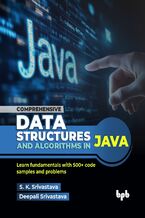





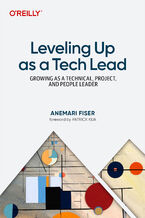
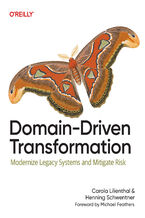
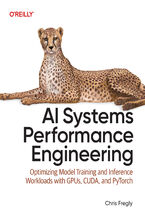

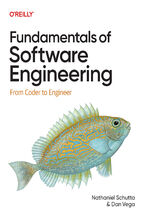
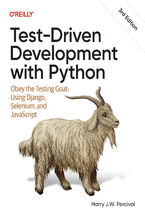
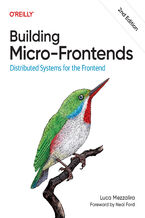
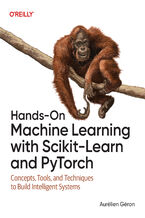
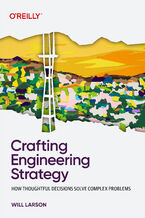
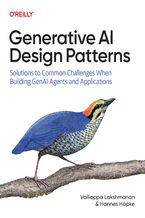



Oceny i opinie klientów: Scala Cookbook. 2nd Edition Alvin Alexander
(0)